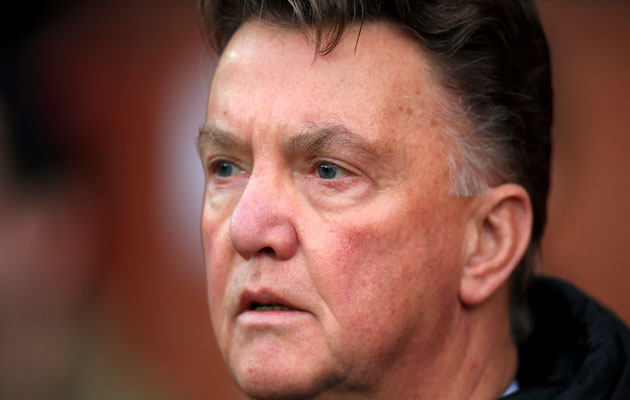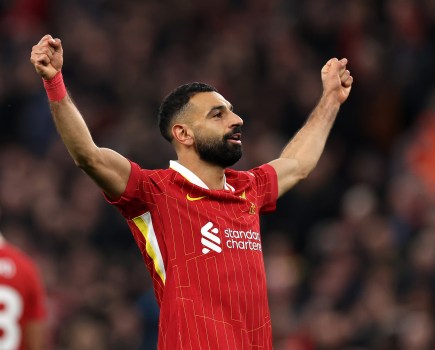For so many years there could be no doubt. Manchester United were indisputably the richest, most powerful and most influential football club in England.
Now? Well, who can argue against the truth that they have been overtaken by Chelsea and the noisy neighbours of Manchester City?
The Premier League tables have confirmed United’s decline on the field since the retirement of long-serving manager Alex Ferguson.
Shockingly, the evidence is even more damning from the club’s chaotic escapades in recent summer transfer markets; tales of woe which have left the club diminished in status and reputation as well as trophy success.
During the 2013 window they dithered and dallied and failed to sign any of their major targets, save for Marouane Fellaini in a last-ditch, panic-strewn purchase on deadline day.
Last year appeared to be more encouraging, superficially at least, with the British record capture of Angel Di Maria for £59.7million. But the Argentinian soon fell out with United’s veteran boss Louis Van Gaal and was moved on to Paris Saint-Germain recently for £44m.
It was a hefty financial loss – and a damaging saga that could hardly inspire others to move to Old Trafford.
United always crave a superstar signing, a showbiz spectacular to boost their image and self-regard. They have done so for three summer transfer windows, and this time they were linked with Cristiano Ronaldo, Gareth Bale, Neymar and Thomas Muller among others. Yet none has arrived, nor ever seemed likely to.
This summer’s transfer torment has been United’s worst ever, with the club made to look foolish by the farcical failure, apparently by two minutes, to complete the sale of goalkeeper David De Gea to Real Madrid on deadline day at the end of August.
De Gea’s exit had been well signposted, with the player left out of early season games after he indicated his personal wish to join Real. The deal was agreed with Madrid, and but still it faltered, with the Spanish giants explicitly blaming Manchester United in a robust statement, which United subsequently countered with an equally robust riposte.
Maybe the whole unvarnished truth of the matter will never fully be known. But nobody could deny it was a mess for the powerbrokers of Old Trafford who had allowed De Gea’s contract to run down to its final year.
Instead of persuading an established footballing superstar to join them, United’s major signings were two young speedsters of the European game: Memphis Depay from PSV, who is 21, and, in an emergency last-gasp deal, 19-year-old Anthony Martial from Monaco.
The latter’s deal was a record £36m for a teenager, with the figure rising as high as £58m based on future success – numbers that are astonishing for raw talent.
If Martial turns out to be as remarkable a player as Ronaldo, who was also signed as a relatively unheralded teenager by United, this transfer will be viewed more than kindly by history. But major gambles such as this fail more often than they succeed, and the perception all round was of a fading empire once again settling for second best in hectic fashion.
With hindsight, it is clear that Ferguson’s authority and genius was papering over the cracks for at least a couple of years before his exit. Supporters then were moaning about the lack of world-class players but the team were still winning the Premier League title.
The initial fall guy for United’s decline was his successor, David Moyes, yet there was a sense that much of the blame also had to lie at the hands of executive vice-chairman Ed Woodward, the man responsible for transfer deals.
Now it is Van Gaal as manager, and he will be the man in the firing line rather than the behind-the-scenes powerbroker if transfer chaos proves damaging once more.
With both Carlo Ancelotti and Jurgen Klopp hovering in the background right now as unattached managers of the highest quality, there are options for Manchester United.
It may prove far easier to sign a big-name boss than a superstar player.
By Jim Holden







